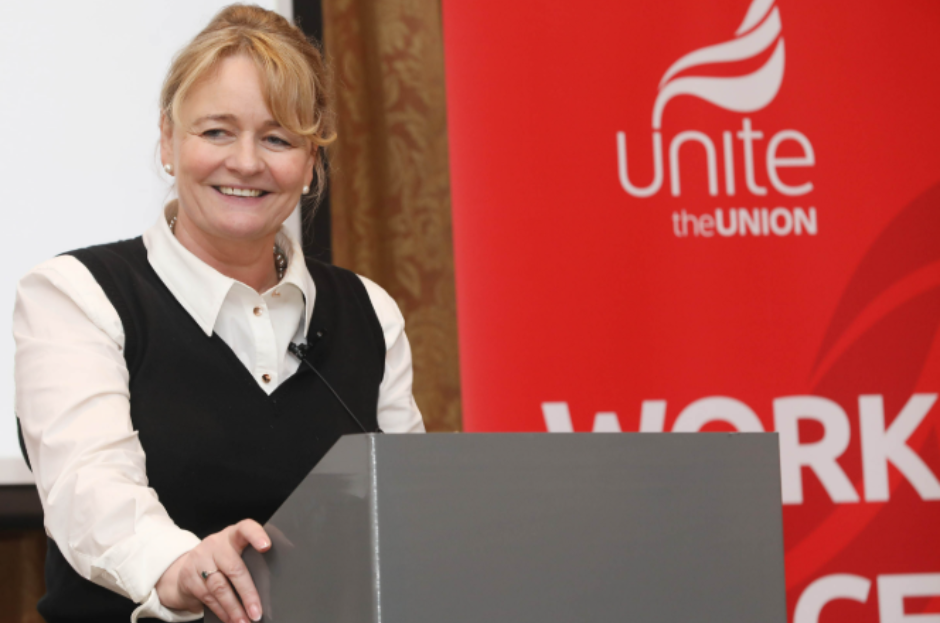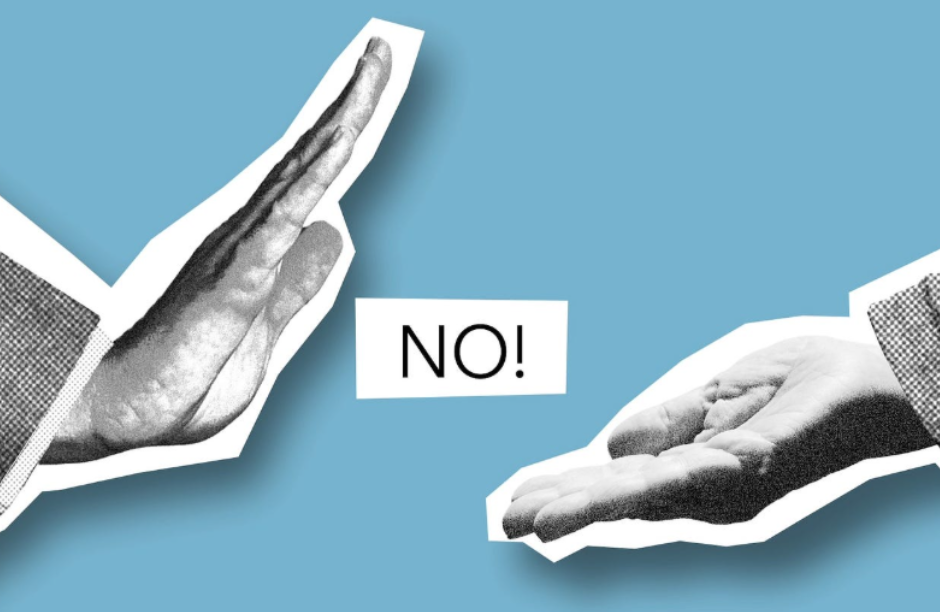Britain’s largest trade union, Unite, has added its voice to an increasing number of NHS workers rejecting the government’s offer of a 3.6% pay increase for 2025–26, calling it “unacceptable” and urging ministers to return to talks.
A Clear Message from the Frontline

When Unite members across the NHS, including hospital staff in trusts, ambulance workers, and agency staff, went on to vote in their consultative ballot, an unprecedented 89% turned down the 3.6% offer. The ballot unequivocally stated that members are willing to take industrial action, including strikes, if a better deal is not provided.
Unite general secretary Sharon Graham reacted with disgust at government policy:
The NHS can’t be fixed while the government keeps chipping away at pay and slashing NHS budgets deeply.”
What’s Behind the Rejection?

NHS staff contend that this increase does nothing to unwind over 15 years of real-term pay loss. The pay increase does little to counteract inflation consuming their salaries, particularly for the lowest-paid positions. Nurses and healthcare professionals now experience financial hardship that damages retention, morale, and recruitment amid increasing vacancies.
Members who join up also registered strong objections to planned reductions in NHS staff—95% indicated they would support action against job losses and future budget cuts.
Wider Context: Rising Industrial Tensions

Unite’s rejection is one of a spreading tide of trade union discontent in the NHS. The GMB union has already turned down the same pay offer, and the Royal College of Nursing (RCN) will soon announce similarly robust opposition to the pay offer in their ballot.
The growing tension is reflected in parallel industrial action by resident doctors, who are striking today in response to calls for a 29% pay increase—after a 22% rise already granted. It all sets the stage for potential nationwide NHS disruption through autumn and winter.
What Lies Ahead?

Unite has urged the government to re-enter pay talks with the unions, with the warning that inaction risks coordinated strike action across several NHS trades.
We stand ready to act if ministers persist in disregarding the rising pressures on public services,” Graham stated
On the part of the government, officials affirm that the pay award takes account of independent review body advice and claim headline pay cannot move further, even as negotiations on more general issues—career progression, exhaustion, and reform of the pay structure—are available.
Final Thoughts
With Unite’s resounding rejection of the 3.6% offer, the pay dispute has spiralled into a national challenge of public sector morale and political will. Frontline staff are sending a clear message: incremental increases just won’t cut it when long-term underinvestment has taken its toll on their pay and their capacity to provide care. With autumn looming, the NHS could be hit by further rounds of industrial action unless significant movement is made.
